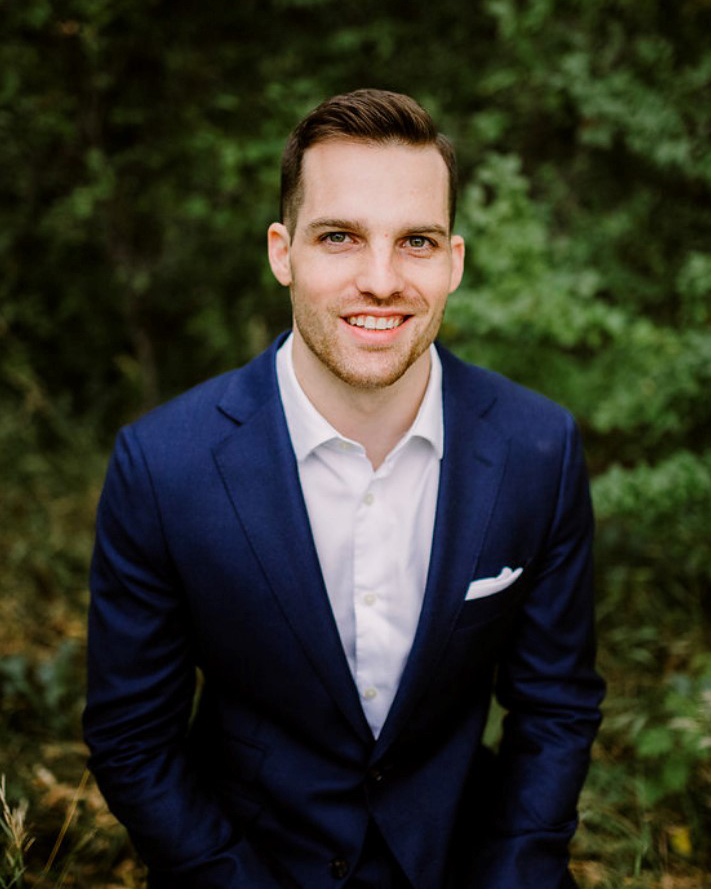Adult Respirology Subspecialty Training Program
The Adult Respirology Subspecialty Training Program at the University of Saskatchewan (USask) is a two-year core program covering all areas of general respirology. Our goal is to provide a nurturing and stimulating environment for residents to develop all the skills required by the Royal College subspecialty certification in Adult Respirology.
In our program, residents will find themselves supported by a group of dedicated and approachable teachers with a breadth of expertise. The unique geographic and demographic nature of Saskatchewan will allow our residents to come to appreciate the challenges of both urban and rural practice and develop the skills to provide resource-appropriate care. While we take pride in training excellent general respirologists, the program has a track record of providing mentorship for residents to successfully match into subspecialty training programs.
Residency Structure
- Focus on inpatient consultation and respirology ambulatory clinics.
- Inpatient respirology consulting service only (not admitting) allows our trainees to focus on respirology learning.
- Begin bi-weekly longitudinal clinic in September – assigned with one faculty member for continuity of learning and mentorship.
- One month dedicated to learning technical aspects of performing and interpreting pulmonary function tests and clinical polysomnography.
- One-month rotations in allergy and thoracic surgery.
- One month of elective time that can be used as research or clinical elective.
- One month rotation in community-based respiratory medicine in Regina. Accommodations are provided: if you choose to bring your family an apartment may be available upon application.
- Up to four-month elective, which allows the residents to tailor their training to meet the needs of their envisioned career.
- Two to three months of inpatient consult service and two months of scheduled outpatient respirology clinics with a wide variety of specialty clinics to choose from (CF, TB, Sleep, PHTN, Tx, ILD, CTD-ILD, Severe Airway, Interventional, Pleural, and Neuromuscular).
- Continuation of longitudinal clinic with increasing responsibility and independence.
- Two-month mandatory rotation in Critical Care Medicine and additional month upon request to gain further experience in critically ill patients who have both pulmonary and non-pulmonary disease and provide a solid clinical correlation for pulmonary and general physiology.
- Tuberculosis outreach clinics provide opportunities to visit remote northern Saskatchewan communities.
- The terminal rotation is designed to simulate the work flow of an attending physician balancing and managing responsibility on the ward and needs of an outpatient practice. Volume is shielded and advanced by the supervising physician as required.
| Thursday 08:00 - 09:00 | Respiratory Lecture Series |
| Thursday 09:00 - 10:00 | Respiratory Seminar Series (paused for July and August) |
| Thursday 10:00 - 11:00 | Chest X-Ray Rounds (paused for July) |
| Wednesday 12:00 - 13:00 | General Medicine Grand Rounds (optional) |
| Wednesday 09:00 - 10:00 | ILD multidisciplinary round (optional) |
| Wednesday 12:00 - 13:00 | Multidisciplinary lung tumour board rounds (optional) |
- Quarterly meeting with the program director to discuss progress in training and career development.
- Meeting with the research facilitator during the first three months of the training to explore the trainee’s academic interests and connect with appropriate faculty support.
- Clinical administrative mentorship with the longitudinal staff to prepare the trainee for the business aspects of practice.
- Two-day bronchoscopy and chest procedure boot camp hosted by the University of Calgary in July, PYG-4 year.
- Annual one-day fellow’s retreat in late fall or early winter covering a mixture of CanMEDS topics.
- Biannual internal practice written and OSCE exam to prepare for the RC exam.
- Full day national OSCE practice exam the day before the Canadian Respiratory Conference (CRC), PGY-5 year. The location will change based on CRC and it is typically in April.
- Royal University Hospital (RUH)
- St. Paul’s Hospital
- Outpatient: Roughly half of the clinical members hold clinic at RUH and the other half is located adjacent to St. Paul’s Hospital (210 Ave P S, Saskatoon). For out-of-town elective residents who wish to have a clinic-focused elective, a mode of transportation will be helpful to attend clinics.
For Internal Medicine residents who wish to experience our program, we offer inpatient consultation or outpatient-focused rotation.
For out-of-town Respirology residents, we offer inpatient consultation, outpatient subspecialty clinics, and procedural-focused rotations.
Please contact Angela Loehndorf.
Testimonial

“It’s a great program, with a wide breadth of exposures and experiences. I think the best part for me was the longitudinal clinic. It was a great opportunity to see a wider range of different patients, see how their conditions progressed and how they responded to treatment.
The program gave a lot of autonomy to explore the various electives and opportunities that we wanted to and guided our training toward our interests and the potential subspecialties we wanted to pursue.
It’s a collegial program, with lots of great support from the staff, and a friendly and warm environment to train in. The smaller nature of the program provides lots of hands-on time learning various respirology procedures. It felt well supported while giving us enough independence to build our skills.”
- Dr. Troy Appleton, Respirology Chief Resident 2022-23, Sleep Medicine Fellow University of British Columbia 2023-24.
Contact
|
Program Director
|
|
